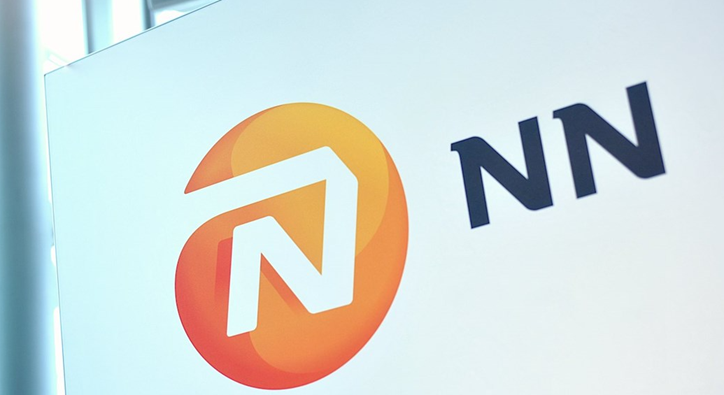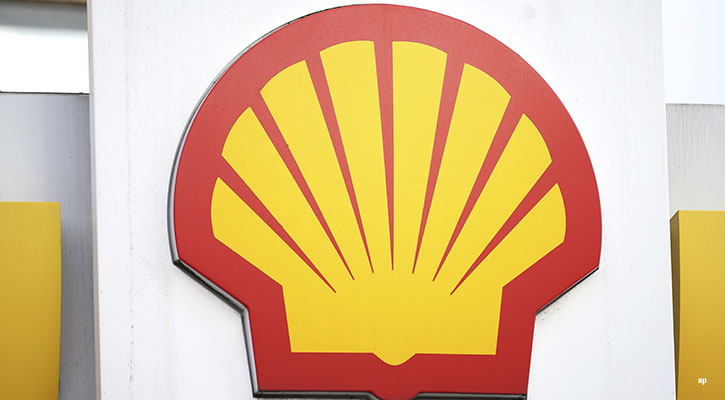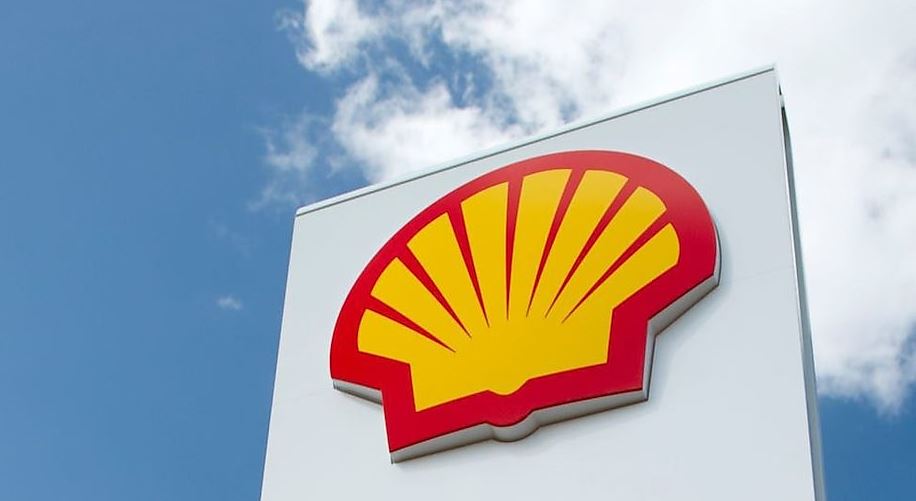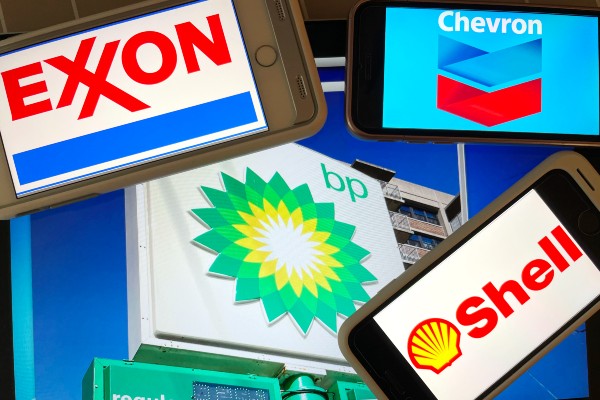INVESTMENT THESIS
A key challenge faces the oil majors: Replacing reserves is becoming increasingly difficult. There's a lot of oil left in the world, but finding low-cost barrels has never been harder, in no small part because many governments now don't allow Western companies access to their resources.
Outside of Russia, BP produced the equivalent of 860 million barrels of oil and gas in 2013; this represents the level of reserves it needs to book annually to prevent reserves from declining. But there simply are not this many barrels of conventional (that is, low-cost) oil and gas reserves annually accessible to BP. This has forced the majors to increasingly focus on nonconventional resources (deep water, oil sands, and shale gas, for example). Therefore, at a given level of oil prices we'd expect BP's future returns to be lower as nonconventional resources are typically costlier to develop and produce. This is one of the reasons BP's finding and development costs have been rising in recent years.
On the legal front, BP still has a long way to go before settling the remaining liabilities from the Macondo oil spill in 2010. In all likelihood it will be a multiyear process that will stretch into the next decade. Currently, we forecast $29 billion in remaining cash outflows (after tax). The uncertainty surrounding BP's Macondo exposure is very high, but BP is well positioned to settle future liabilities without impairing its financial health or growth prospects so long as oil prices remain at or near current levels.
In Russia, BP's exposure now comes via a 20% stake in Rosneft, an investment that will provide lower cash dividends than TNK-BP (its prior Russian venture) and is inherently riskier given the government's large ownership stake. BP's Russian exposure has fallen, and its Rosneft stake accounts for 5% of our published valuation. At the same time, however, BP's Russian reserves have increased, and the potential resources Rosneft controls in Russia (such as Arctic leases and the Bazenhov Shale) are enormous. BP's Rosneft stake thus is clearly a high-risk/high-reward venture.
VALUATION
| Economic Moat | Fair value | Stewardship Rating |  |
||||
| Narrow | GBX 575,00 | Standard | |||||
| Moat Trend | Uncertainty | Sector | |||||
| Negative | Medium |
Oil & Gas - integrated |
|||||
BULLS
- Cash on hand of $31 billion as of Sept. 30 and the coming growth in operating cash flows have BP set up to increase shareholder distributions during the next few years as long as oil prices remain high.
- Though its Rosneft stake investment remains a risky one, BP now is less exposed to Russia than it was through its ownership of TNK-BP. Rosneft currently accounts for 5% of our BP fair value estimate.
- BP's Whiting refinery stands to benefit from cost-advantaged crude for many years to come, and its recent upgrade is expected to generate at least $1 billion in incremental cash flow.
BEARS
- The remaining Macondo liabilities are daunting: Our valuation assumes $29 billion in remaining cash outflows after tax, reducing our fair value estimate by $6 per ADS.
- There is a long history of Western oil companies that have been mistreated by the Russian government. The sovereign risk and the illiquidity of BP's Rosneft stake should not be taken lightly.
- Though there’s a good chance that cash flows will be growing in the coming years, capital investment will also remain high. This will limit BP's ability to increase its returns on capital in the coming years.
Overzicht alle aandelenanalyses
20 Tips voor het beleggen in aandelen >
Meer weten over de methodologie achter Morningstar's beoordeling en waardering van ondernemingen en aandelen?
Hoe Morningstar aandelen onderzoekt en waardeert
Morningstar's sterrenrating voor aandelen
Vragen en antwoorden bij Morningstar's aandelenonderzoek
Het uitgebreide researchrapport van dit aandeel is beschikbaar voor institutionele beleggers, vermogensbeheerders en private bankers. Voor meer informatie over de ruim 1500 wereldwijde aandelen- en creditresearchrapporten kunt u contact opnemen met Morningstar via equitysales@morningstar.com.











:quality(80)/cloudfront-us-east-1.images.arcpublishing.com/morningstar/347BSP2KJNBCLKVD7DGXSFLDLU.jpg)








